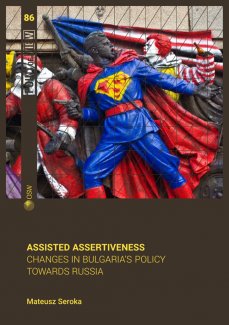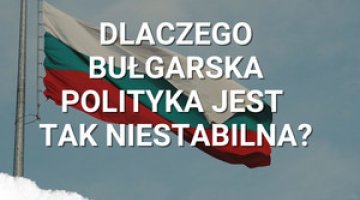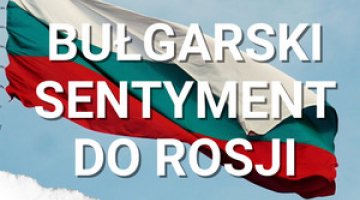Assisted assertiveness

In March 2021, during the run up to the parliamentary elections, the Bulgarian counter-intelligence cracked a Russian espionage network that had been collecting information, including on Bulgaria’s activity in NATO. This was not the first blow Russian intelligence has received in recent years. Since tensions began in 2019, Sofia has expelled nine Russian diplomats. The intensity of the disputes between the two countries contrasts with the traditionally good relations between them. In Bulgarian historical memory, Russia appears most often as a close ally in the fight against the Ottoman Empire. The Kremlin’s great influence was also preserved after the fall of communism due to Bulgaria’s dependence on Russian fossil fuels. Unexpectedly, however, after 2014 a series of tensions arose between Sofia and Moscow, which seem to indicate that the two countries are growing apart. This publication analyses to what extent the strains result from the internal evolution of the Bulgarian public, and to what extent they are caused by the pressure on the country from its Western partners.




